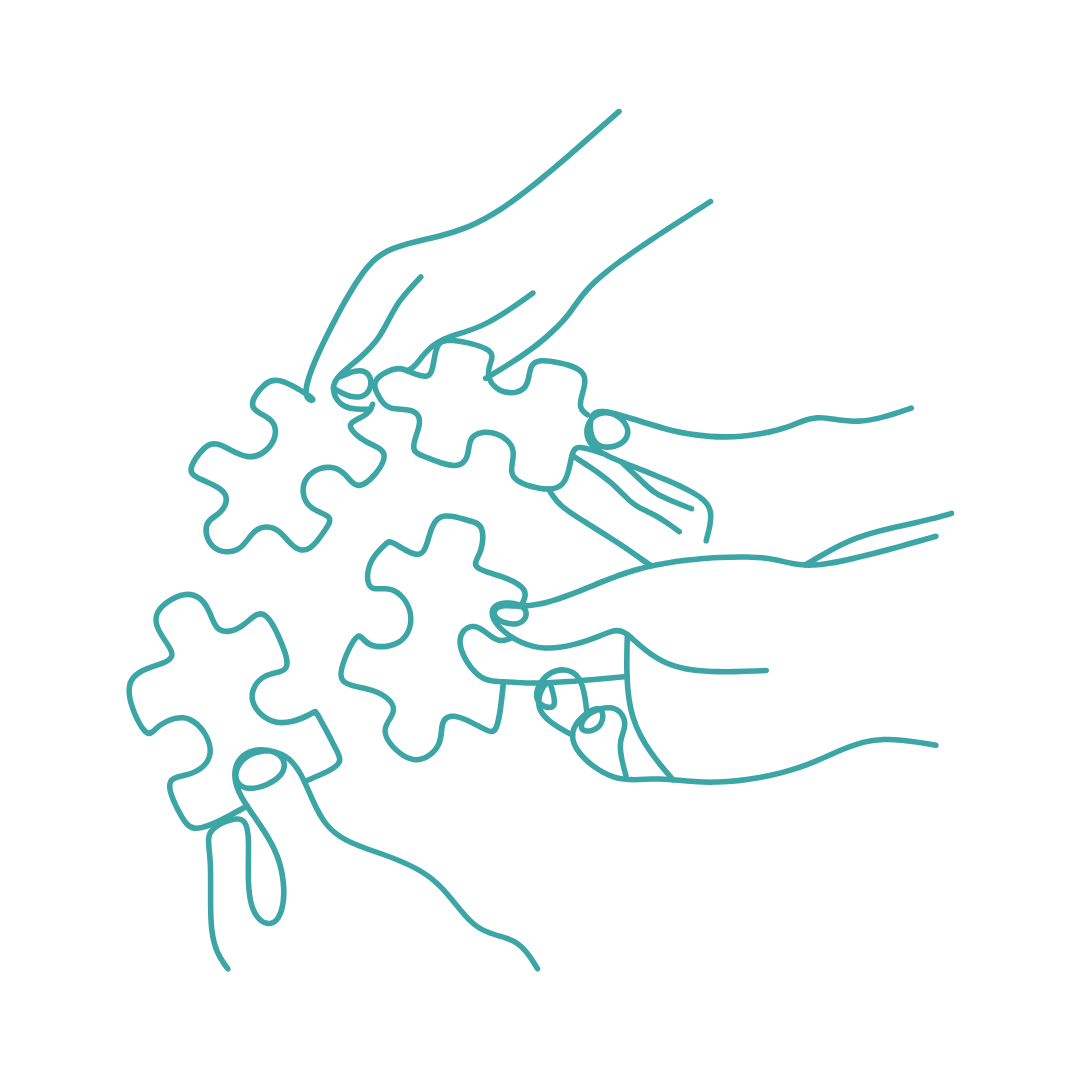INDIVIDUALS, FAMILIES & CARERS
Hello and welcome to our guide for people living with OCD and their support network. On this page, you will find information on how to get on top of your OCD and how to help your loved one navigate this process.
Our Founder, Leigh worked as a medical doctor for years before her OCD diagnosis. She has experience in the Western Australian public and private hospital systems, as well as in community general practice. Despite this experience, she found it hard to access OCD-informed care, so if you’ve felt like it’s been difficult to navigate your OCD recovery, you’re not alone!
If you would like assistance navigating this process, please contact us. We’re here to help.
-
If you think you might have OCD, the best thing to do will be to discuss your concerns with your General Practitioner (GP).
OCD WA have prepared a 'First Appointment Form' to assist you with those initial visits. We know it can be scary to share your symptoms at times.
An added bonus of membership to OCD WA is access to our Appointment Advocacy service. At your request, a trained member of the OCD WA team can assist you in navigating your initial appointments, in your preferred capacity such as:
Filling in your 'First Appointment Form'
Support in the GP waiting room
Support in the GP consult
OCD WA are providing education and training on OCD and Related Disorders to GPs and we will be happy to do more of this as requested.
Please have a look through the information provided in our 'Understanding OCD' and 'Resources' sections of the website. If you have any questions, please don’t hesitate to ask.
-
We cannot over-emphasise how important your role is in your loved one's recovery. Things that you can do to help include:
Trying to understand the OCD experience:
See Leigh’s description of the comparable feeling she shared with her husband
Complete the activity on page 301 of Freedom from Obsessive-Compulsive Disorder (Dr Jonathan Grayson).
Learning as much as you can about OCD:
Listen, read, watch, follow
Celebrate successes
Help your loved one without offering reassurance
Learn to recognise and reduce family accommodation behaviours
Learn how to identify and address behavioural changes in your loved one
Be actively involved:
Become a member of OCD WA
Assist your loved one to access best practice treatment
Join a peer support group for family members
Encourage your loved one to attend peer support groups
Attend our events
Volunteer for OCD WA
Not sure who does what?
Here’s a brief guide on the roles of your care providers:
-
GPs play a crucial role in recognising OCD and will be your provider for longitudinal care which includes:
Clinical support
Prescribing medications
Documenting your Mental Health Treatment Plan (MHTP) and reviews for the Better Access Initiative
Referrals to psychology, psychiatry, allied health etc.
-
Psychologists will provide the majority of therapy sessions for you. They are highly skilled and will also be able to address other psychological needs etc.
Make sure your psychologist has additional specialisation in OCD and is specifically trained in ERP. It's OK to ask and we're here to help if you need it.
-
A psychiatrist may be required in some instances, such as:
Paediatric cases
For formulation and confirmation of diagnoses, when comprehensive assessment is required
To manage comorbid diagnoses
To prescribe high dose medications
To rationalise medication prescribing
these costs are adding up…
Make sure you’re aware of the supports you are eligible for:
Better Access Initiative
This initiative aims to improve treatment and management of mental illness within the community. It gives patients better access to mental health professionals and team-based mental health care. Under this initiative patients can access Medicare benefits for selected mental health services provided by General Practitioners, Psychiatrists, Clinical Psychologists, Psychologists, Social Workers and Occupational Therapists. Eligible people can receive up to 10 individual and up to 10 group allied mental health subsidised services per calendar year. Please discuss your eligibility for a Mental Health Treatment Plan (MHTP) with your GP. Visit the Services Australia website for more information servicesaustralia.gov.au/better-access-initiative-supporting-mental-health-care
Medicare Safety Net
The Medicare Safety Net can help to lower your out-of-pocket costs for out-of-hospital services. Visits that contribute to your Safety Net include seeing a specialist doctor for services listed on the Medicare Benefits Schedule or having investigations such as pathology tests or medical imaging. If you are part of a couple or family, you can combine costs by registering as a family. When you spend over your threshold amount in a calendar year ($2544.30 for individuals and families, $811.80 for concessions), you receive a higher benefit back. Visit the Services Australia website for more information servicesaustralia.gov.au/medicare-safety-nets
Pharmaceutical Benefits Scheme (PBS) Safety Net
From 1 January 2024, if you spend $1,647.90 on PBS medicines in a year (or $277.20 for concession card holders), you can qualify for the PBS Safety Net. This amount is known as the Safety Net threshold. If you qualify for the Safety Net, you pay a lower amount for medicines for the rest of that year. Concession card holders receive medicines for free for the rest of that year, plus any applicable premiums. Talk to your pharmacist about how to save on your PBS medicines or visit https://www.health.gov.au/cheaper-medicines/benefits-and-cost-savings
Private Health Insurance
Your visits to providers such as registered psychologists and clinical psychologists for individual, couple, family and/or group consultations may be covered by private health insurers. Please refer to your policy for information.


